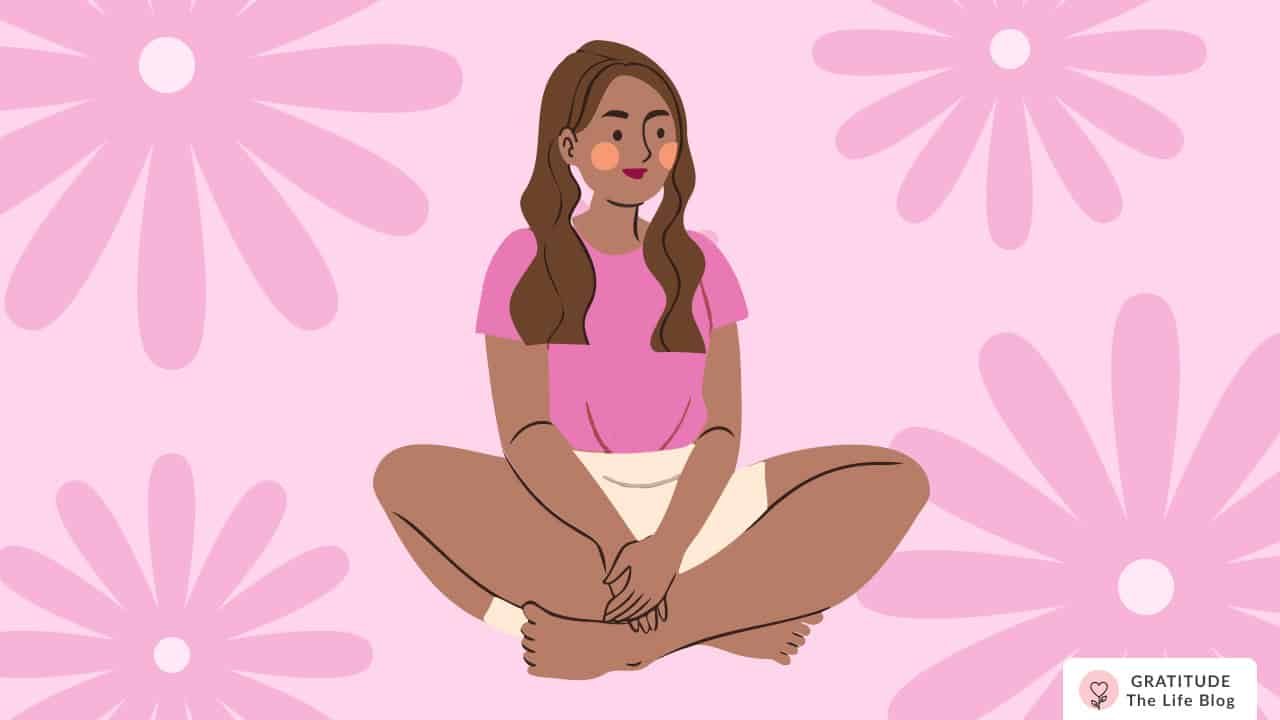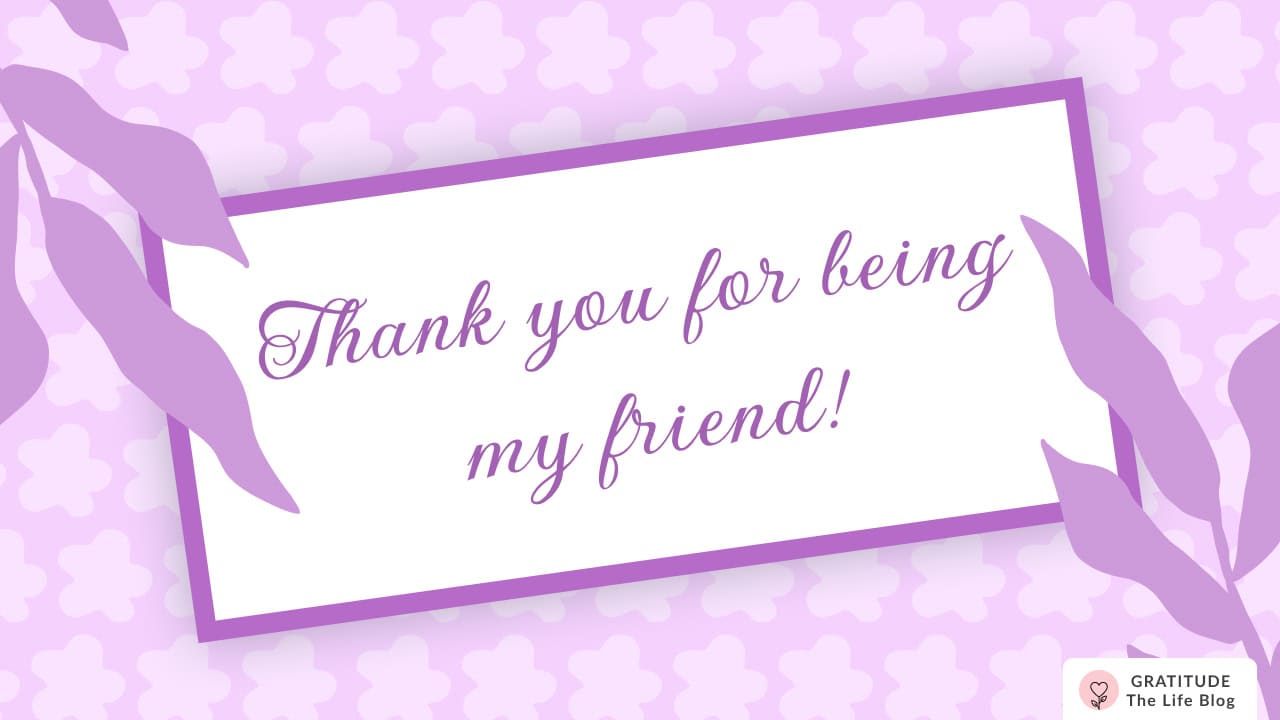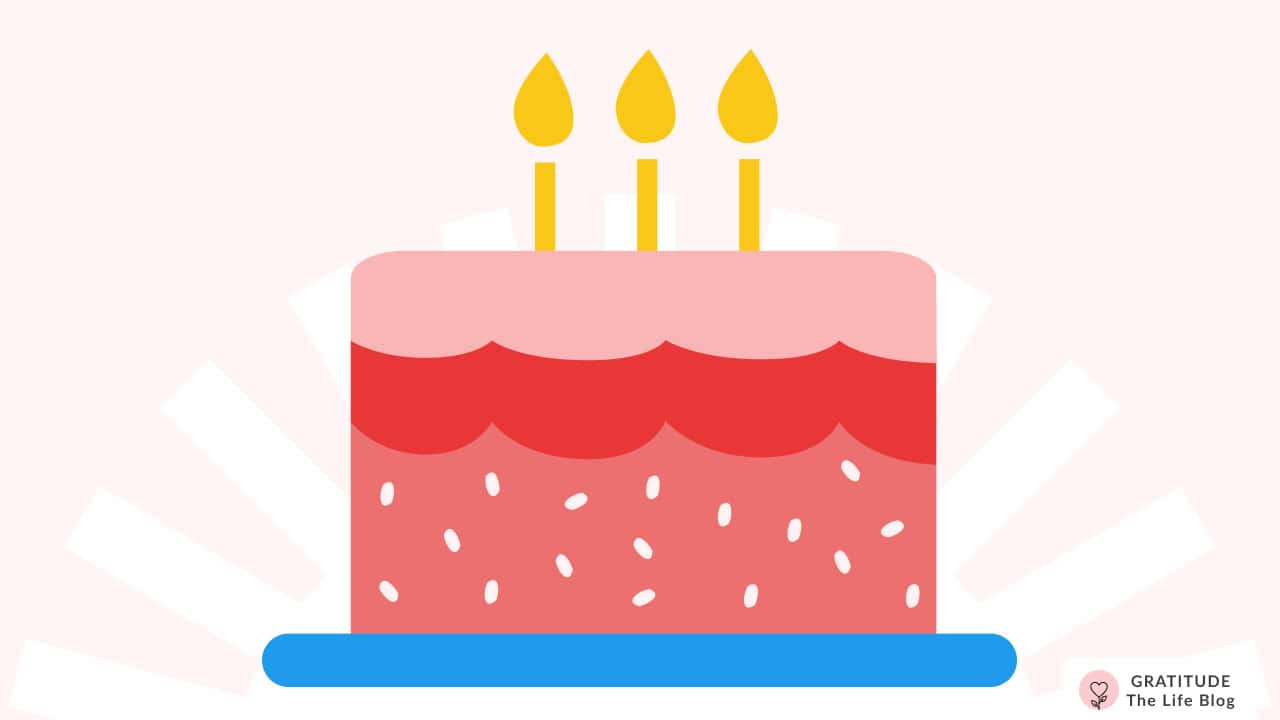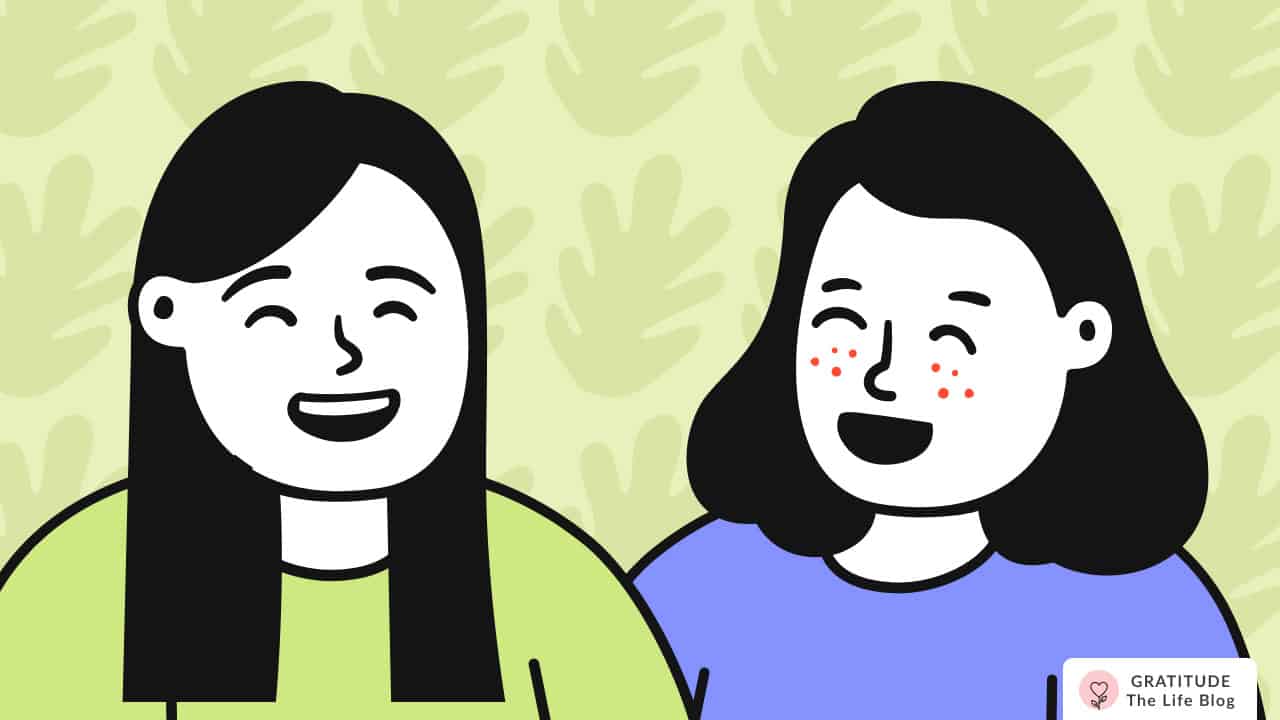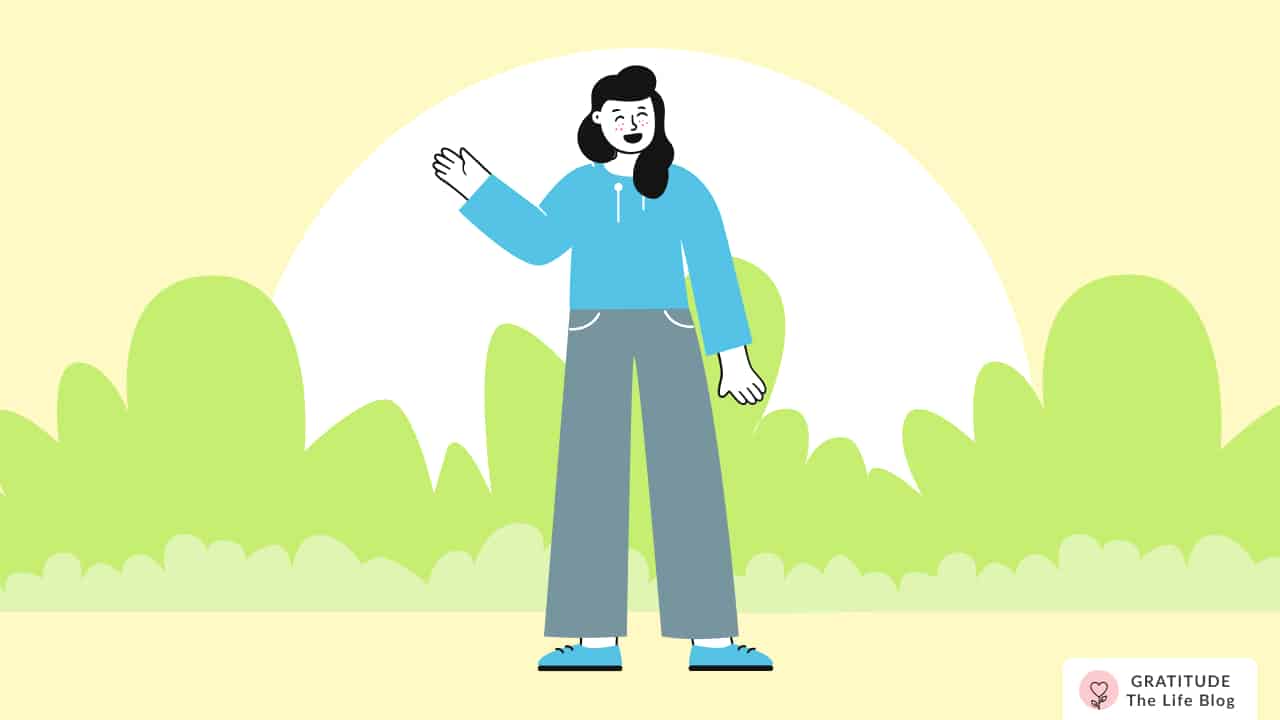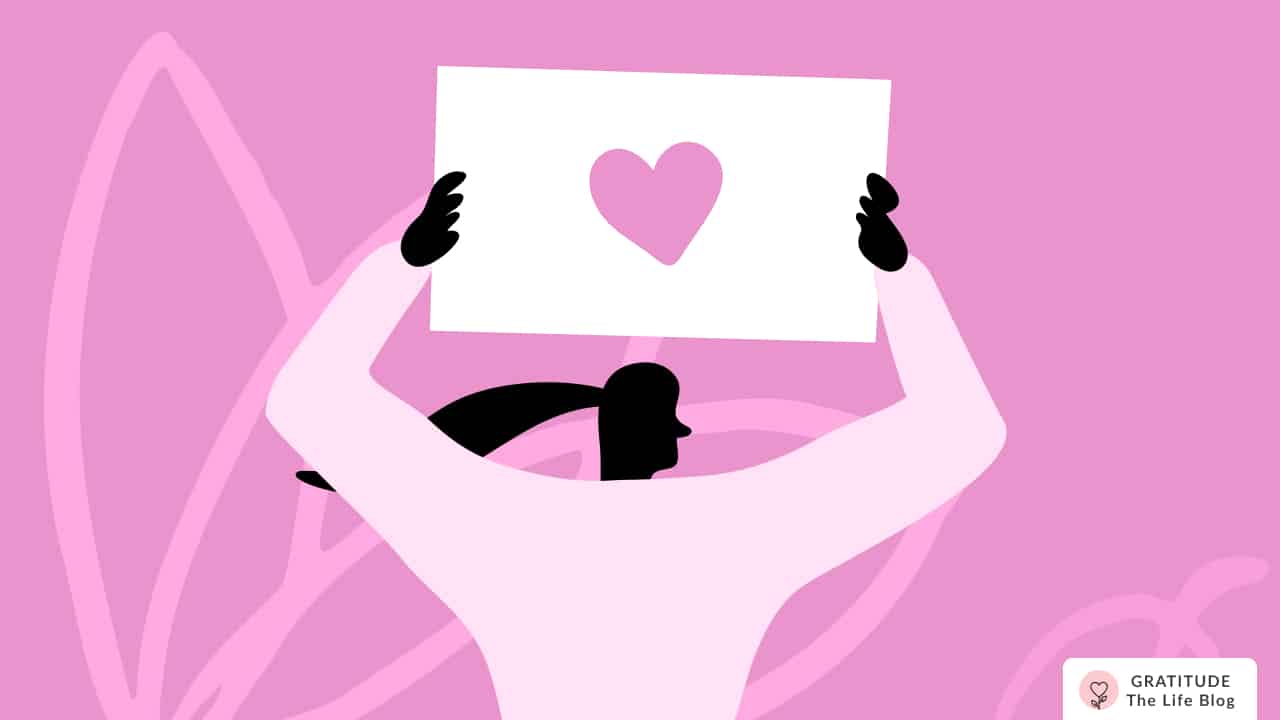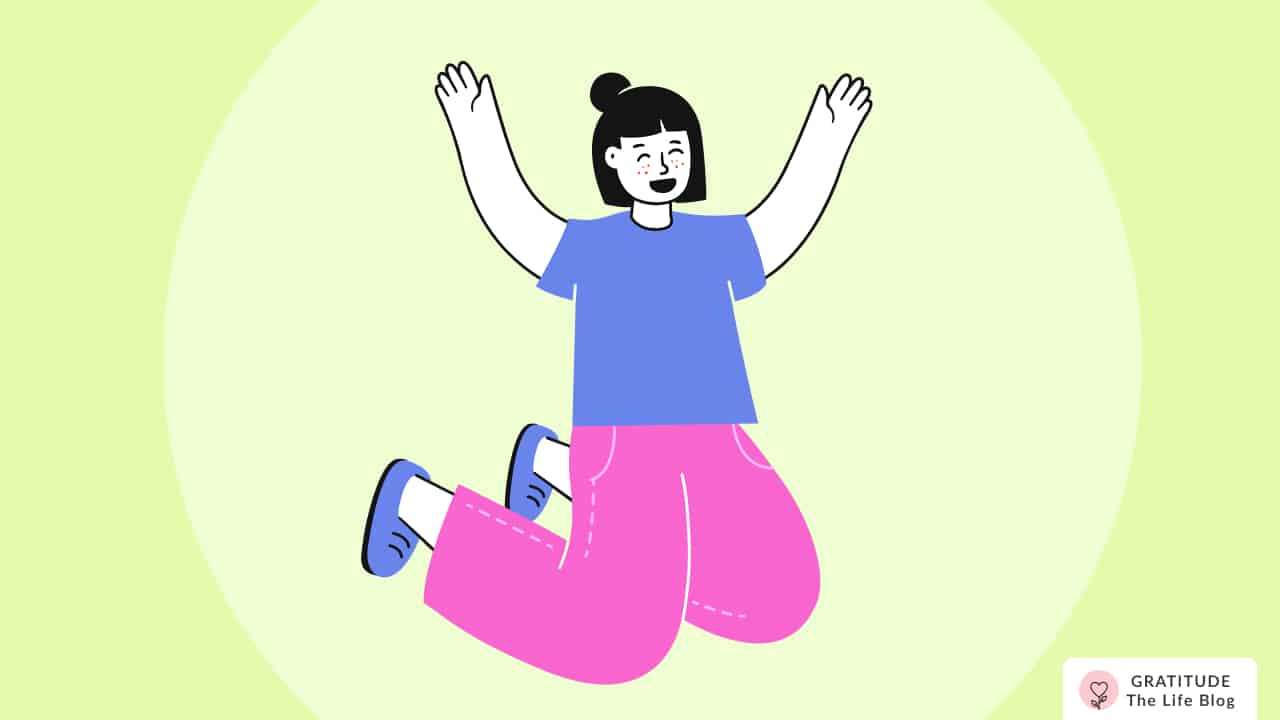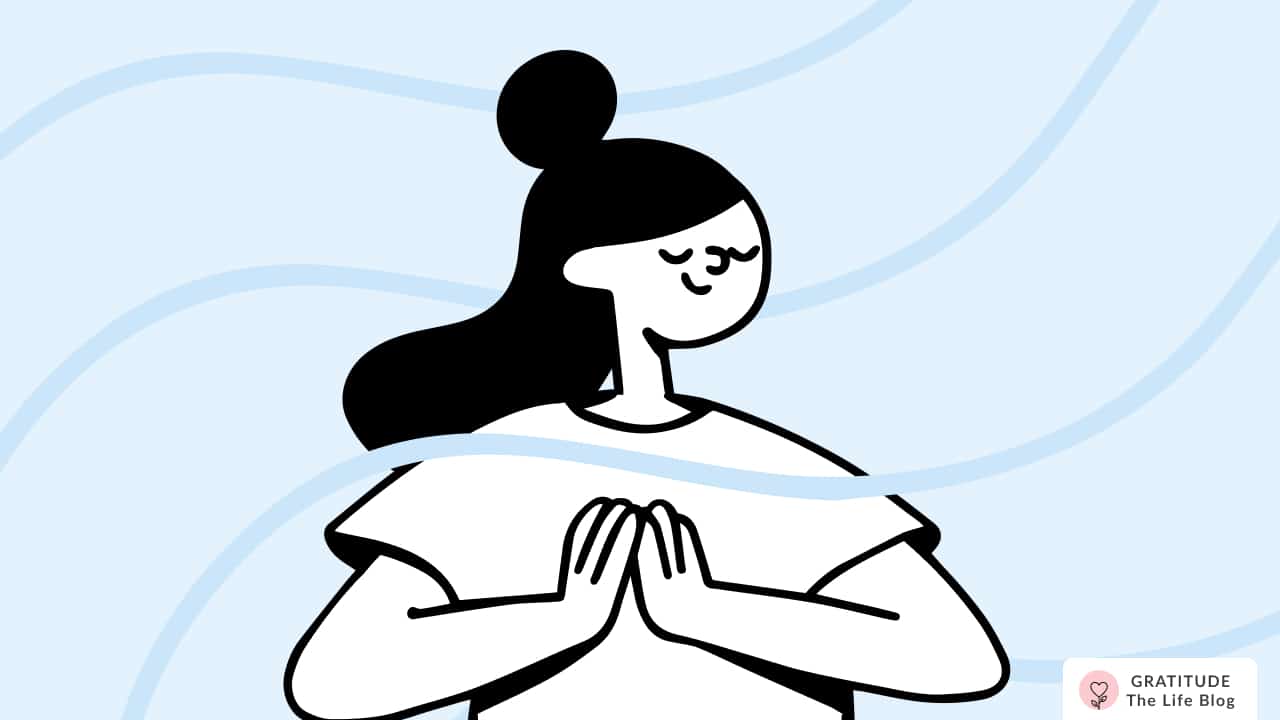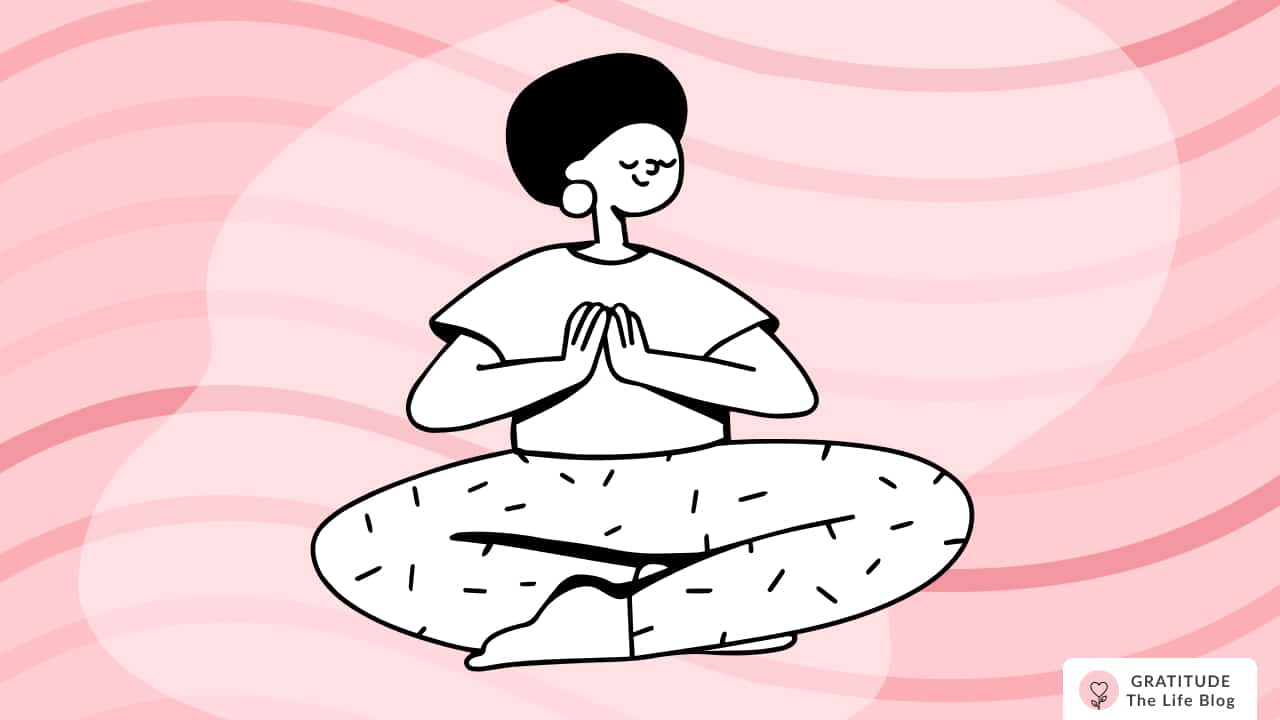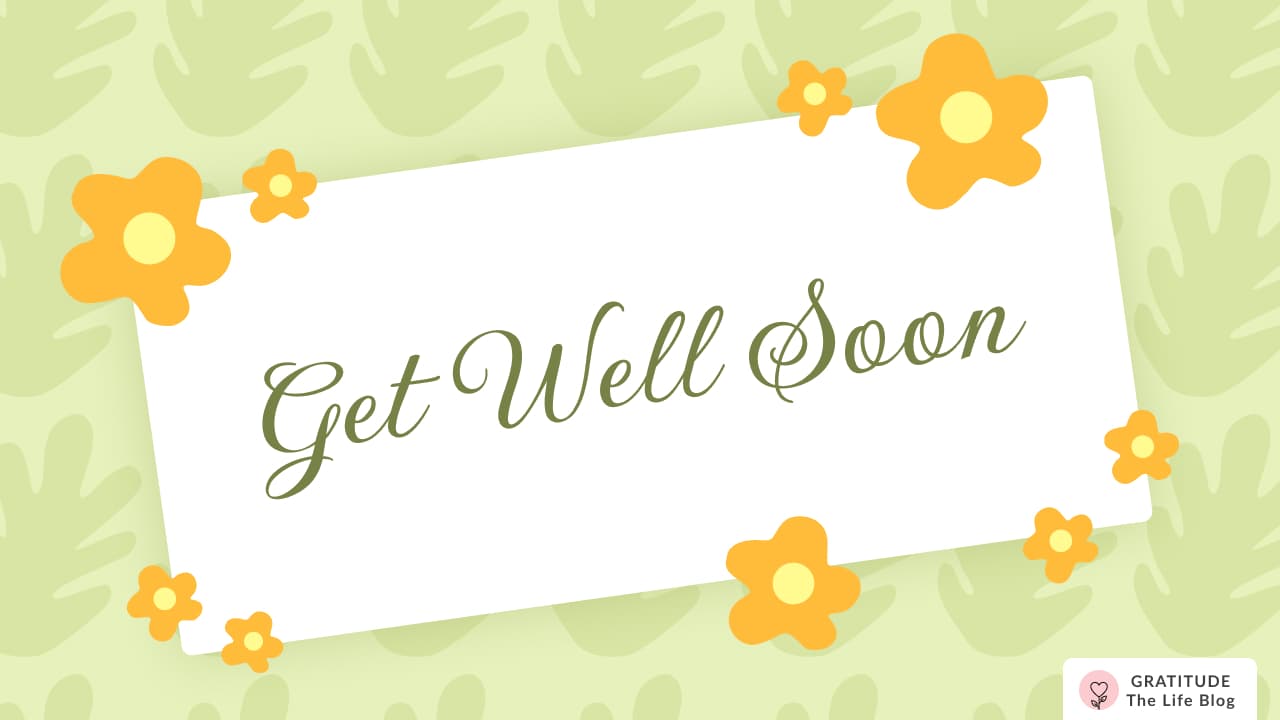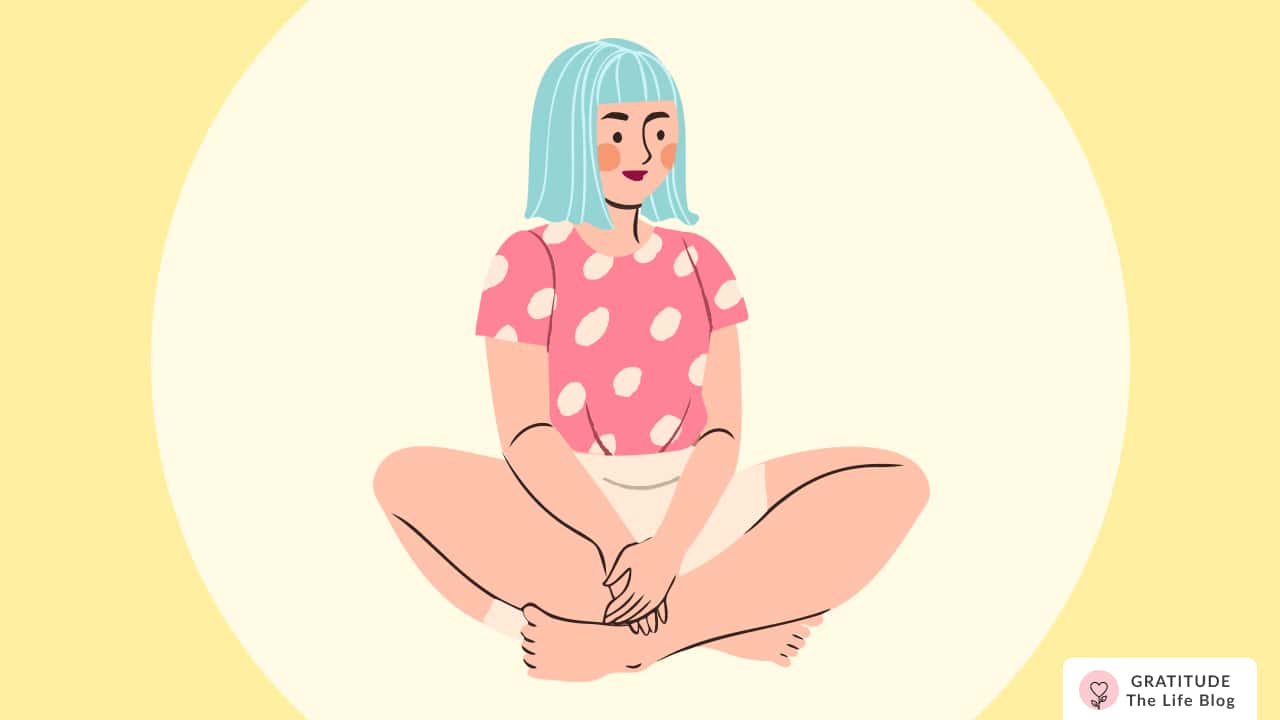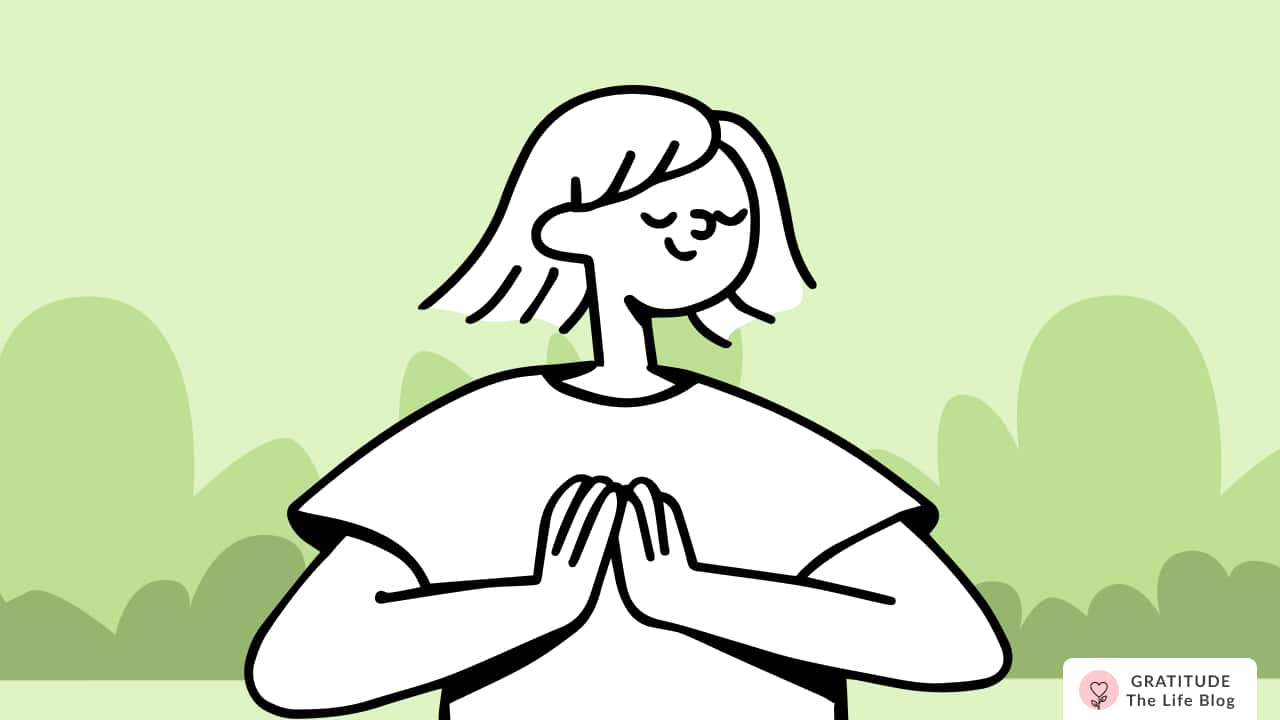15 Self-Care Night Routine Ideas for a Restful Sleep
Good night, sleep tight!
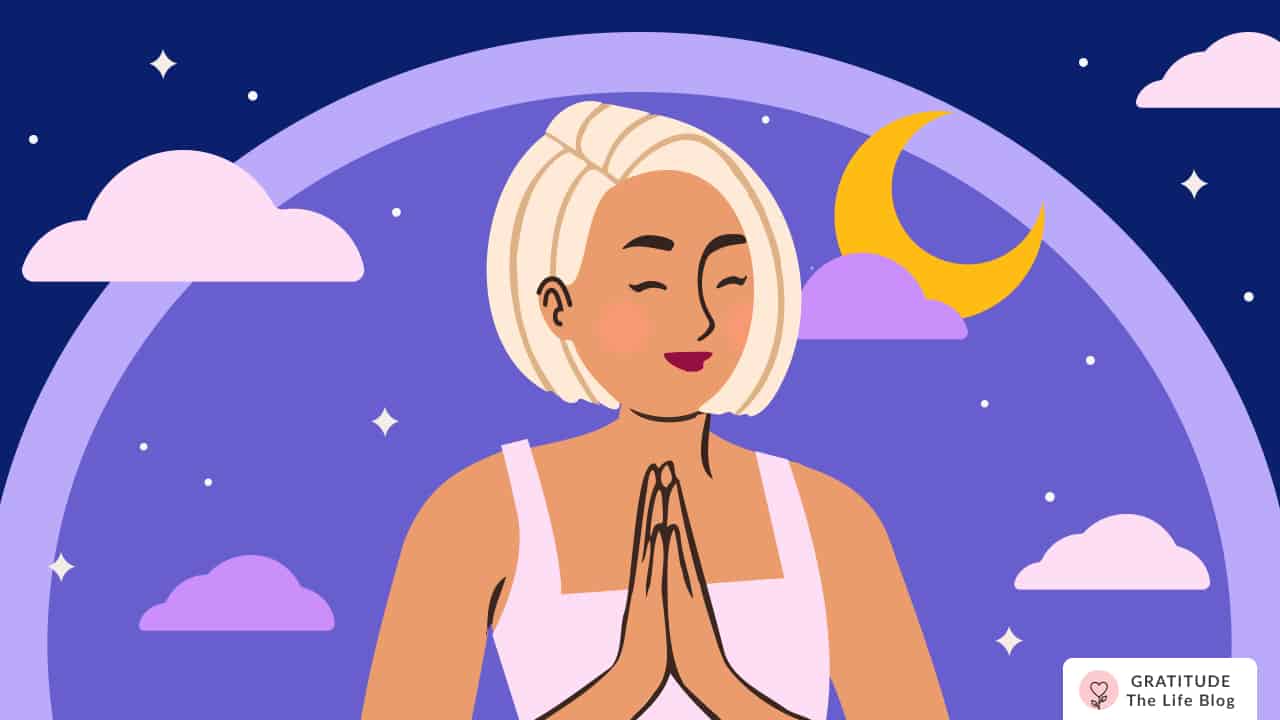
The importance of a good night's sleep doesn't have to be explained. It's what keeps us healthy, calm, energized, and happier. Today let's learn how we can build a self-care night routine to bring more effective rest into our lives.
When we have slept well, our day is loads better than one when we haven't. It's not just about how many hours you sleep but the quality. A sleep riddled with troubling dreams or one that breaks often leaves us tired and often irritated.
Here's a report that shows the correlation between inadequate sleep and a wide range of disorders, and the many differences in our body based on how well we sleep.
“We tend to become much more sensitive emotionally and socially when we are sleep-deprived. That is what I like to call the ‘who was at my desk or who touched my coffee cup?’ phenomenon. I think we all have experienced having an extreme reaction or a very negative emotional response to a mild stressor when we have not had enough sleep.” - Dr. Dinges
Importance of Good & Enough Sleep
According to MyHealthFinder, getting enough sleep has many benefits. It can help you:
- Get sick less often
- Stay at a healthy weight
- Lower your risk for serious health problems, like diabetes and heart disease
- Reduce stress and improve your mood
- Think more clearly and do better in school and at work
- Get along better with people
- Make good decisions and avoid injuries — for example, drowsy drivers cause thousands of car accidents every year
Now that we've looked at the benefits of good sleep and feeling more motivated to build a self-care night routine, let's head to the ideas and decide what works for us and a quick note.
Before we begin
Although I have suggested 15 ideas, I don't mean you have to do all of them. Depending on your schedule and interests, you can choose what's best for you. I have tried all of these ideas and can vouch for them.
Try to start small, do only one of the things, and then gradually add on based on how you feel. Experiment with building a night routine that makes you feel relaxed and helps you sleep well.
I should also say that at times there are no quick and easy solutions for complex reasons. If you are going through a mental illness, it might be wise to talk to a professional if you are unable to sleep frequently.
With that, here are the 15 self-care night routine ideas:
Self-Care Routine Ideas
1. Read a light-hearted book
Reading a few pages of a book in bed is one of my favorite ways to transition my body toward rest. Especially for people working on screens, our whole day is digital.
When I go to my room and pick up a book like Little Women, I experience a shift and it makes it easier to relax.
I recommend a light-hearted book because if the book is too thrilling or intense, I can't put it down and have to keep running through the pages, which in turn makes me stay up late.
2. Play soothing music
This is one of the easiest and most calming things you can do to drift off to sleep.
After I dim the lights, clean the bed, and change into my sleep clothes (which is important!), I put on relaxing instrumentals or nature sounds. I then lay on my bed and breathe deeply.
You can also couple this with a breathing exercise, light yoga, or journaling.
3. Journal your thoughts
One of the most troubling reasons against easy sleep is that our mind just doesn't stop buzzing. We keep thinking about one thing or the other, relive embarrassing moments, think of people we don't like, and on and on and on.
One of the things that helps is to journal before sleep. Jot down everything on your mind, how your day went, any worries or fear, everything that you would be thinking about.
What ends up happening is that we get the opportunity to unload our heads of the thoughts it would later bring up and writing down also makes us tired, especially at night.
In case you need some direction in writing, here are some great self-reflection prompts that will help.
4. Make a gratitude list
Another thing you can do in journaling but much more focused is make a gratitude list at the end of the day.
This is a beautiful and powerful way to go to sleep in a happy mood as you'll take a few minutes to only appreciate the good things in your life.
There is no rule here. You simply have to write what you feel grateful for in that moment.
I often write about the nice moments I had in the day. It's always better to talk about super small and specific things like,
- Laughing on a joke with a friend
- Catching the cab early
- Finding all green lights on your way
- A cute dog that you met
- A phone call with someone you love
- A great nap
- Getting done with work on time
- The people you love
And you can also talk about deeper topics like,
- Having another day in the world
- For God
- For having good health
- For yourself
- For how your life is
- For overcoming your struggles
- For the lessons you've learned
You'll find 100+ ideas in this post on what you can feel grateful for.
5. Read or listen to affirmations
Affirmations are positive statements that we say to ourselves to build compassionate self-talk to counter the often negative here.
When we engage with these words before we sleep, we're training our minds to learn this type of conversation. They also give a sweet boost of good energy.
Here are a few examples of affirmations:
- I am worthy of self-care.
- My needs are important and valid.
- I prioritize rest and relaxation.
- I listen to my body's signals.
- I am kind to myself.
- I nourish my mind, body, and soul.
- I give myself permission to slow down.
- I practice self-compassion.
- I am enough, just as I am.
- I invest in my own well-being.
6. Sleep at the same time daily
Sleeping at roughly the same time every night makes us habitual to it. My grandpa sleeps at 9:30 PM and wakes up at 6 AM every day and he's been doing this for years.
When we have dinners, I look at his sleepy face and know that it must be close to 10 and it is. Soon he bids goodnight and makes his way to his bed.
The way if we have breakfast at the same time every day, our body becomes habitual to it, it's the same with sleep, therefore making it automatic for us to sleep at a certain time. Sleeping between 10 to 11 PM is considered optimal for adults.
This would great time to talk about circadian rhythms.
Circadian rhythms are 24-hour cycles that are part of the body’s internal clock, running in the background to carry out essential functions and processes. One of the most important and well-known circadian rhythms is the sleep-wake cycle. ^
Circadian rhythm is influenced by light and dark, as well as other factors. Your brain receives signals based on your environment and activates certain hormones, alters your body temperature, and regulates your metabolism to keep you alert or draw you to sleep. ^
7. Stay off social media
At least an hour before you sleep, remove social media from your eyes. I would say that keep all screens away, but if I'm being honest I do enjoy watching a couple of episodes of The Office at night.
But most definitely, don't indulge in social media. I only did this last night and I regret it. I started looking at Instagram profiles of celebrity kids who are my age and then into the rabbit hole of comparison and shame and doubt.
It's okay. This negative experience has taught me not to do it again. And, it's true for you too.
Give yourself the space to not be perfect in your routine. It's okay if it doesn't go right every day. Know that you can always get back to it.
8. Take a relaxing bath
Oh, I love this one! Especially in summer. My room doesn't have AC and nor do I want it but it was getting quite tough to sleep in such heat!
"We know that your core body temperature needs to drop by about 2 to 3 degrees Fahrenheit to initiate good sleep and then maintain deep sleep," says Walker, the author of Why We Sleep.
But this doesn't really mean taking a cold shower. In fact, it's hot baths that work. You can read more about the science here. That's perfect for winters but for summers take a lukewarm bath 1 or 2 hours before sleep so that the excess heat gets out of your body.
9. Have dinner 2-3 hours before sleep
According to Healthline, the ideal time to eat dinner appears to align with your circadian rhythm and allow your body time to adequately digest food before laying down for sleep.
This typically means eating dinner at least 2 to 3 hours before bedtime.
My family has been doing this for several years now and whenever I break the pattern, I feel quite uneasy. If we eat too close to sleep, our body has to keep working to digest the food and can't rest freely.
It's one of the 10-3-2-1 method:
- 10 hours before bed: No more caffeine.
- 3 hours before bed: No more food or alcohol.
- 2 hours before bed: No more work.
- 1 hour before bed: No more screen time
10. Go on a short walk
As we're building a routine, it's all about doing relaxing things that become cues for our body that it's time to sleep. One of them is a walk 20-30 minutes after dinner.
But don't power walk. Working out too intensely in the evening can elevate your body temperature and spike cortisol, both of which will make it harder to fall asleep.
“Low to moderate intensity is ideal to lower stress levels and avoid raising cortisol levels before bed,” Dr. Carnahan says. Being able to talk comfortably while you walk is one way to tell that you’re moving at a good pace. She says to aim for 30 to 60 minutes of strolling at this intensity. ^
11. Keep your bedroom neat and clean
Don't you love it when the sheets are clean and tucked in neatly with no creases? I feel more relaxed when my room is tidy and breathy.
Don't keep too many pillows on the bed. Make sure you have space to stretch and are not cramped.
Wearing particular sleep clothes also serve as a cue to your mind that you're ready to sleep.
12. Do a guided meditation
This is another really pleasant thing to do before you sleep. It's one of the parts of your routine that are close to the time you fall asleep.
I listen to this guided meditation and as it gets over, I turn on my bed and go off to dreamland.
13. Do stretching or light yoga
Like an evening walk, here's another exercise that you can try out as a part of your self-care night routine.
Yoga can help you sleep better and enter a deep state of relaxation.
14. Don't do everything on your bed
This is less about what you do as part of your routine and more about what you don't.
Keep your bed a sacred space for rest and relaxation. Don't sit and work on it or keep using it throughout the day.
When I go to my bed after dinner, I know that now is my time to rest. On the days I use my bed for work or talking to someone on the phone, it just doesn't feel as fresh and like a big sigh of relief as it does on others.
15. Prepare for the next day beforehand
And finally, a tip to help you think less about stuff and simply relax is to prepare for the next day already. Whether it is to lay an outfit on the sofa or make a list of todos, make sure that you are not planning each step that you'll take after you wake up.
If you can do it the night before, do it. You'll sleep without a train running in your brain and feel light and confident.
And, that's it! I hope you found this post helpful and learned tips to help you doze off effortlessly. Do share this with a friend who needs it. Sleep well!
Continue Reading: Discover the Power of a Morning Journal with Journal Prompts







